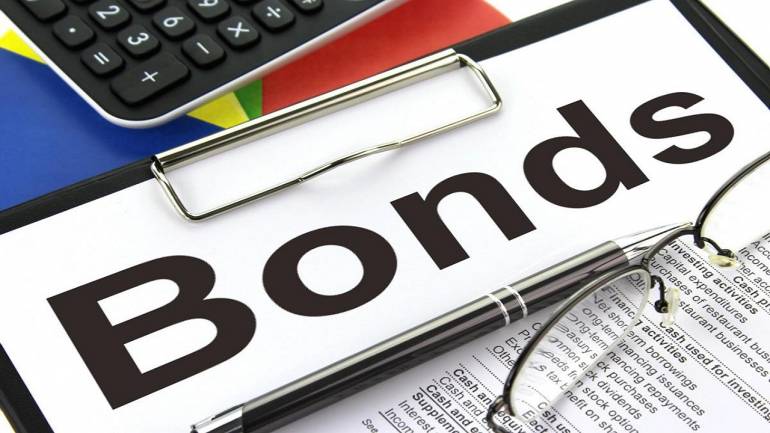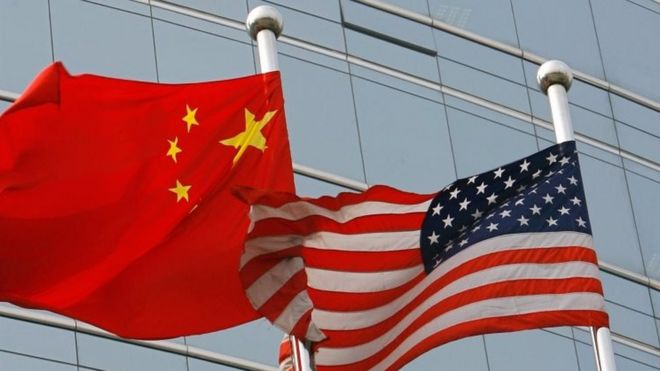The value of the naira has become more stable as the Central Bank of Nigeria (CBN) keeps intervening in the foreign exchange (FX) market. Recently, the naira strengthened by ₦3.99 against the US dollar, closing at ₦1,548.59 in the official exchange window, thanks to increased availability of dollars.
During the day’s trading, the exchange rate fluctuated between ₦1,548 and ₦1,558 per dollar. This was due to the CBN’s consistent efforts to support the naira by injecting dollars into the market. However, these actions are starting to affect the country’s foreign reserves.
According to TrustBanc Financial Group, the CBN sold $27.5 million to banks during its seventh consecutive intervention, with rates ranging from ₦1,550 to ₦1,553.50 per dollar. These interventions have helped the naira regain about 8% of its value against the dollar since December.
In the informal (black) market, the naira was stable at ₦1,660 per dollar as banks resumed selling travel allowances for personal and business use. However, Nigeria’s foreign reserves have dropped to $40.035 billion from $40.92 billion in recent years.
Meanwhile, oil prices fell slightly, with Brent crude trading at $78.10 per barrel, after U.S. President Donald Trump urged Saudi Arabia and OPEC to cut costs during a global forum. Gold prices also dipped as the US dollar gained strength, with gold valued at $2,752.48 per ounce.
Experts believe global economic uncertainty, driven by policies on tariffs and energy, will continue to impact oil and gold prices.













